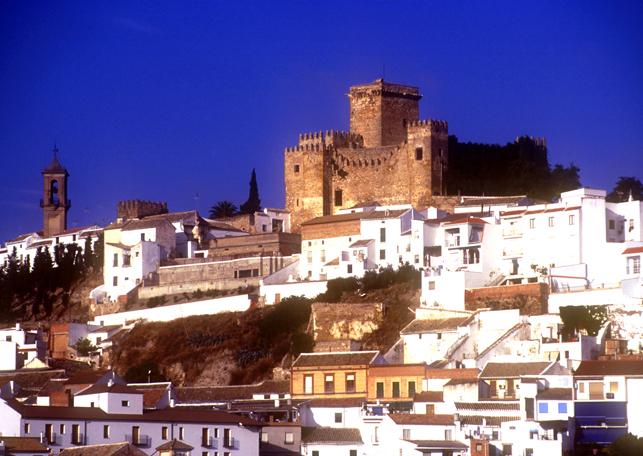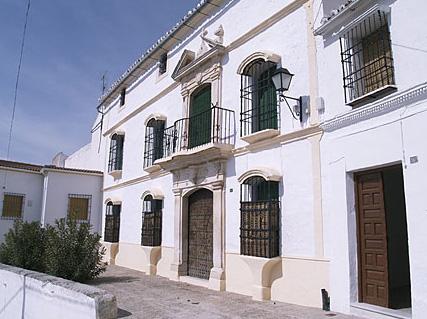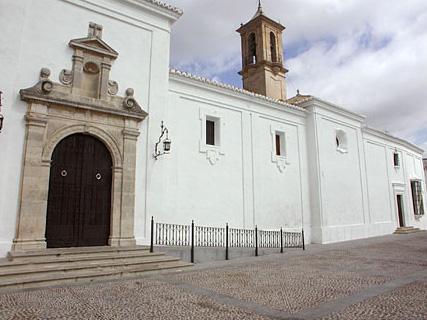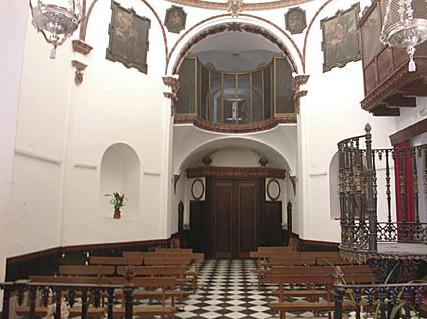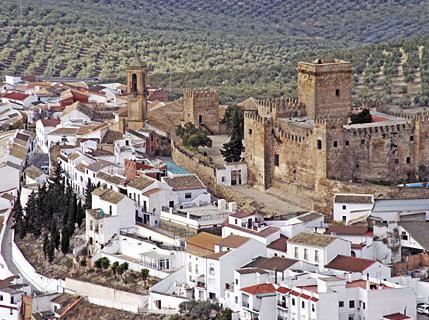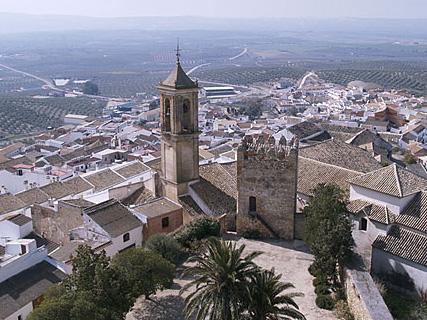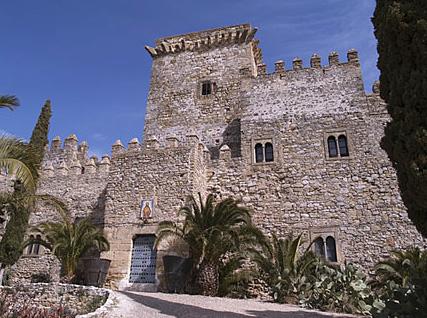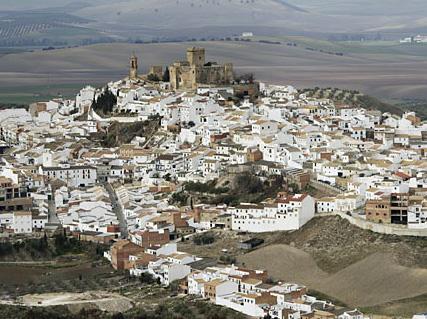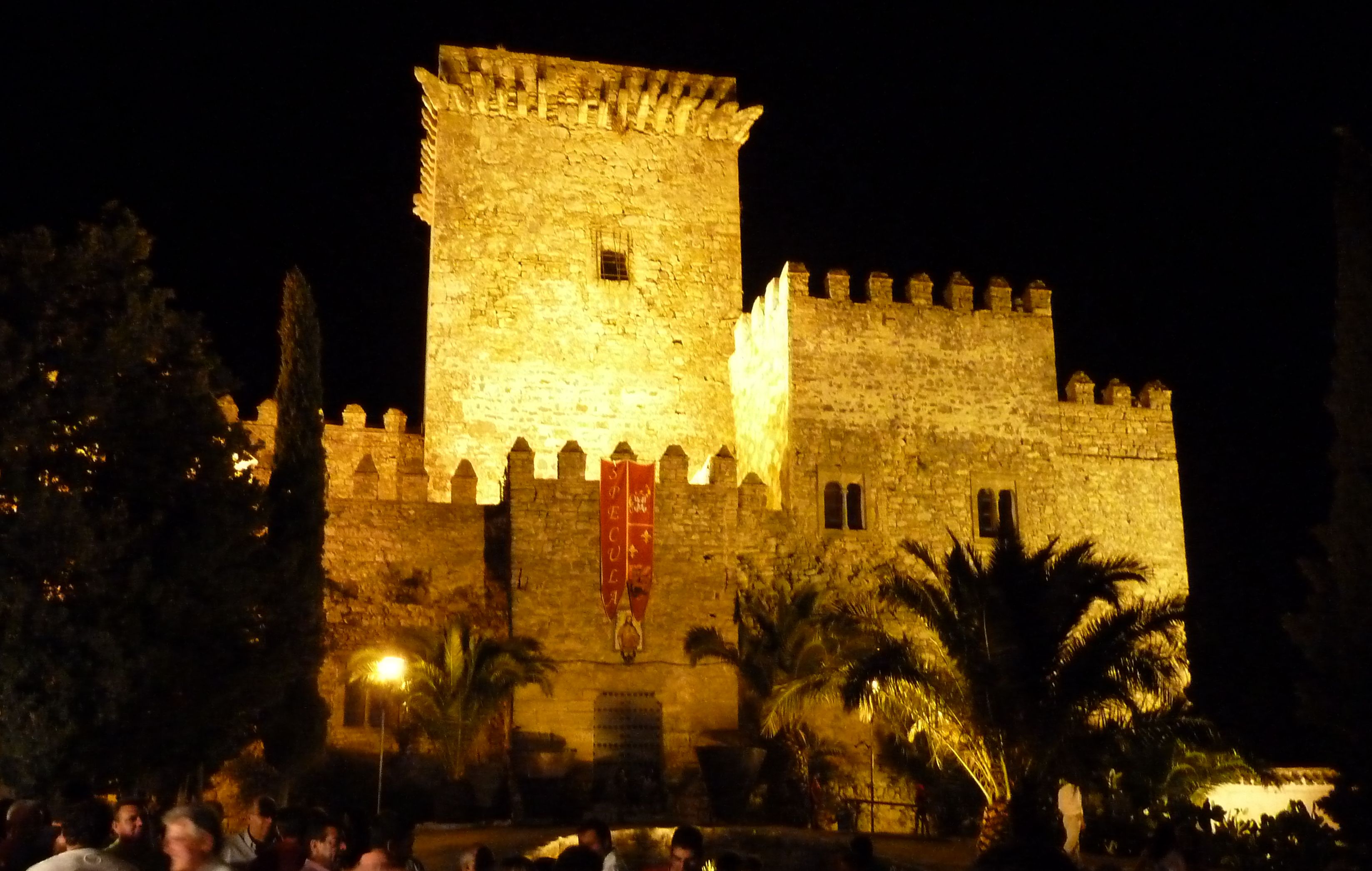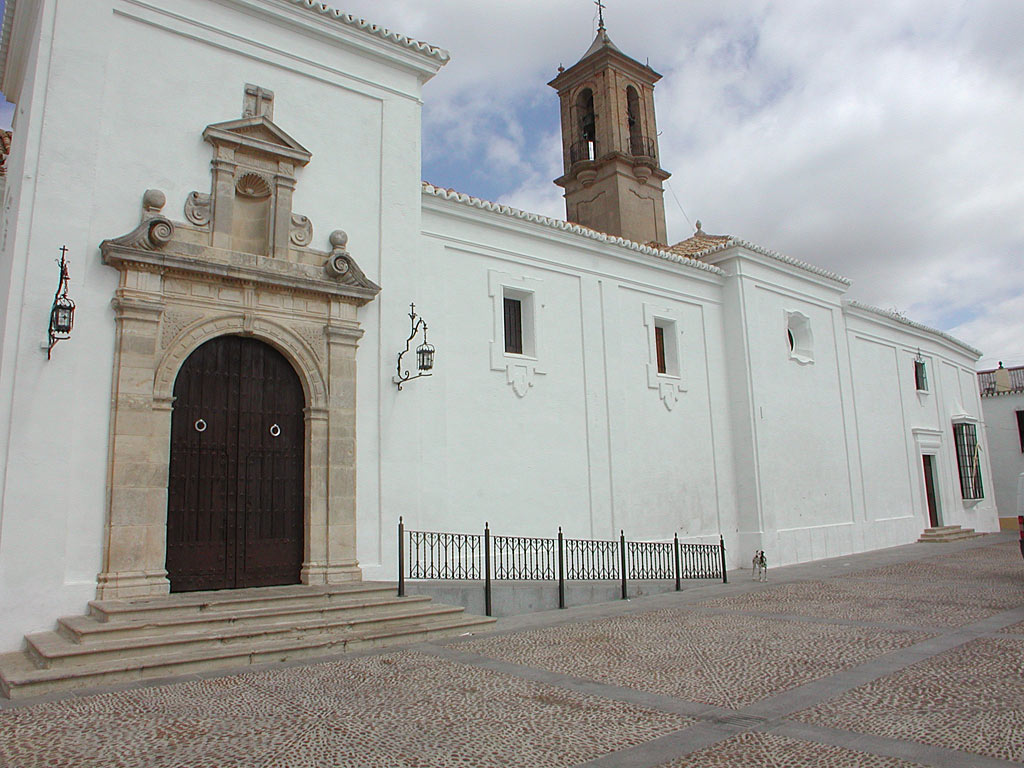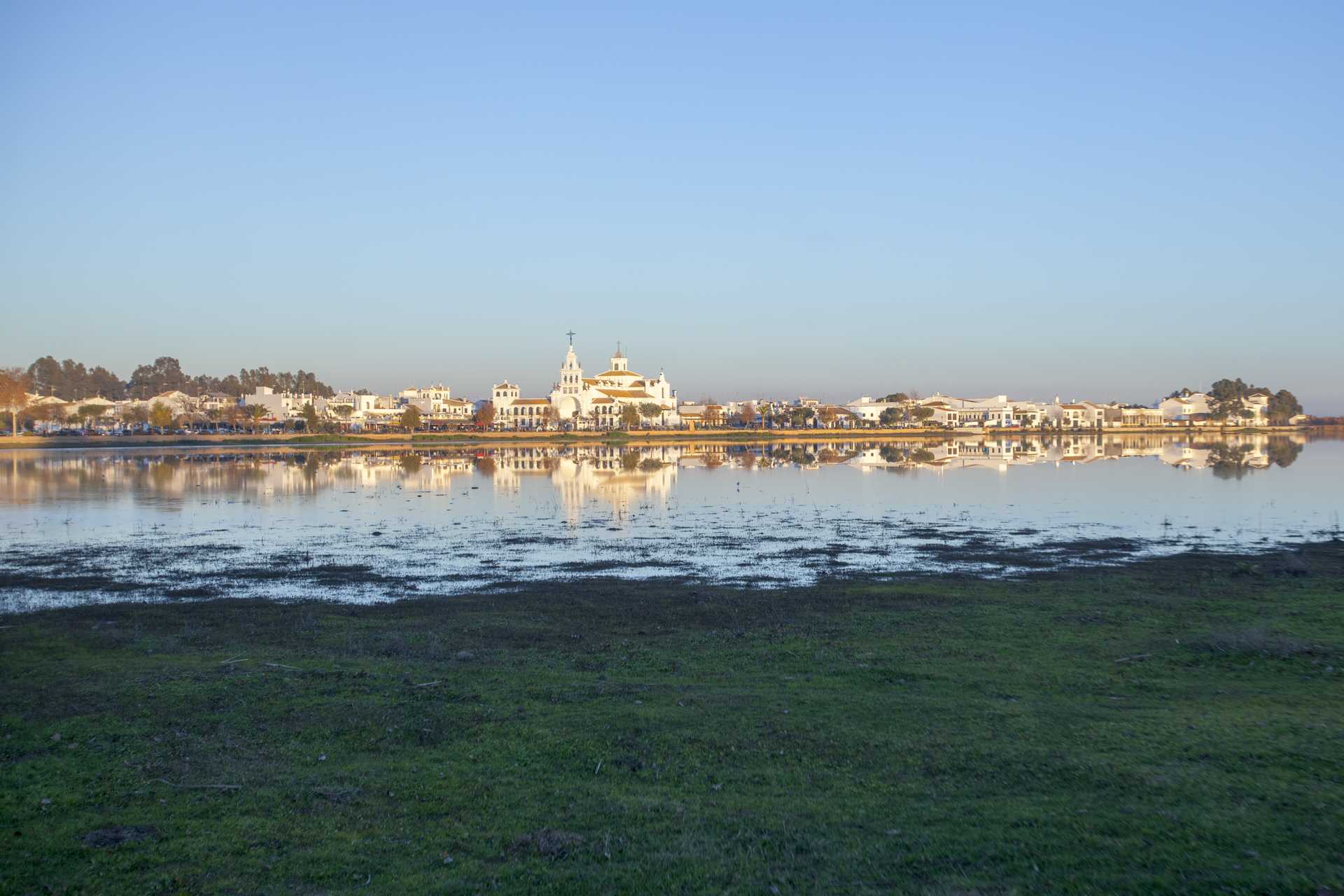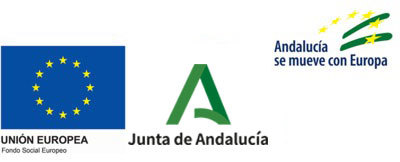Espejo
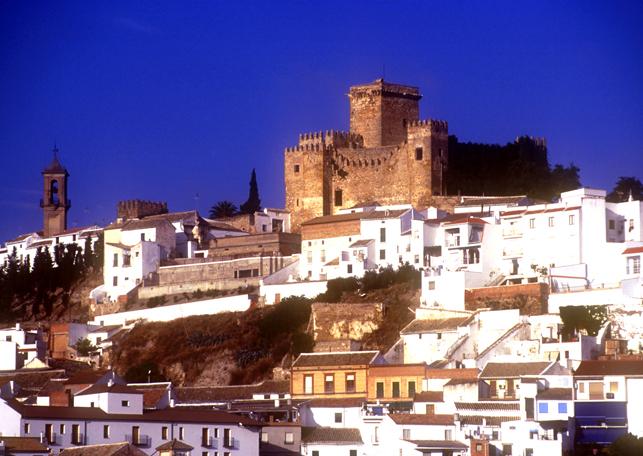
The village is located in the south east of the province in the heart of the countryside, among olive groves, cereal fields and vineyards.
The origins of Espejo, founded at the beginning of the 14th century, lie with its Castle, which dominates the whole village from its position atop an elongated hill at the foot of which stands a labyrinth of steep, attractive streets of typical whitewashed houses. Close to the castle is Saint Bartholomew's Church.
History
According to Menendez Pidal and other researchers, the present-day village has its origins in the Iberian settlement of "Ucubi', later modified to the more Latin-sounding "Attubi', to which Caesar granted the status of "immune colony" in return for its posture during the civil war.
Under Arab occupation, the village was known as "Al-Calat'.
The founding of Espejo in mediaeval times stems from the fact that the area was a private estate which had belonged to the Pay Arias family since 1260, when it was awarded to them in return for their role in the reconquest.
In 1304, in Benavente, Pay Arias de Castro received permission from Ferdinand IV to repopulate the area.
The feudal estate was created in 1309 when Pay Arias de Castro, Ferdinand IV's special ambassador in Avignon, was granted a papal bull by Pope Clement Panoramic view giving him the rights to a tenth of all income generated within an area of one league around his castle in Espejo.
Prior to this period the location was known as "Aleola" until 1303, when the king changed it to Espeio. The village was then known as Torres de Pay Arias, Alcala, Espeio, Espexo and, finally, Espejo.
Eminent citizens
Jose Maria Aguilar, baritone.
Diego Palacio Luque, magistrate.

- Max 17
- Min 10
- Max 62
- Min 50
- °C
- °F

